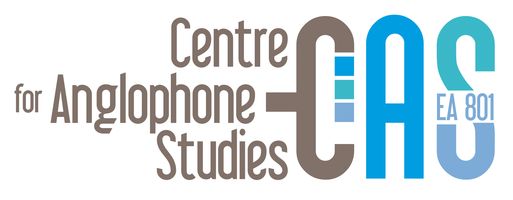Economy in Faulkner's As I Lay Dying
Résumé
In As I Lay Dying, the mode! of homo œconomicus, a rational agent maximizing profit and minimizing Joss (Godbout), does not seem to apply to the spatial or mental wanderings of the Bundrens for whom the Joss of a mother triggers a chain of self-inflicted losses. While the Tulls seem to embody sensible thrift and hard-nosed practicality, the Bundrens' endlessly postponed burial of Addie is staged as an extremely costly process in which self-destructive forces evading the rationality of economic calculation seem to be at work. Does Faulkner's nove! suggest that an irrational, self-destructive drive is at work in the monologues of the melancholy Bundrens? And does the opposition between economic calculation and overspending, or "pure expense" (Bataille), point to a more basic opposition between rational and irrational tltinking? This article argues that the treatment of economy in Faulkner's nove! does not rest on this kind of fundamental opposition between rationality and irrationliy; on the contrary, it argues that the nove! posits a fundamental unity in human experience.
Domaines
Littératures
Origine : Accord explicite pour ce dépôt
